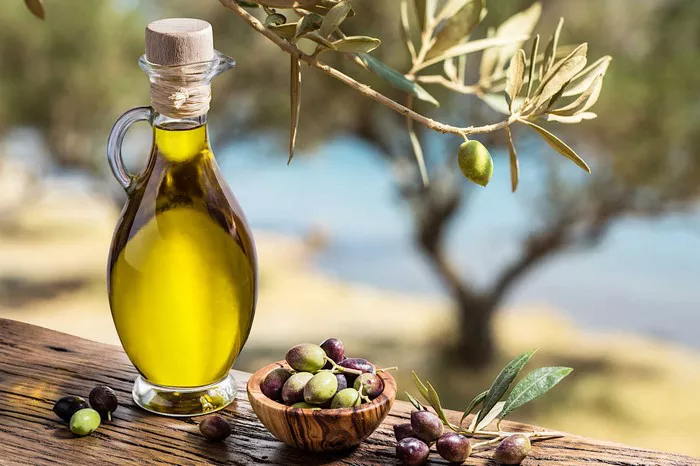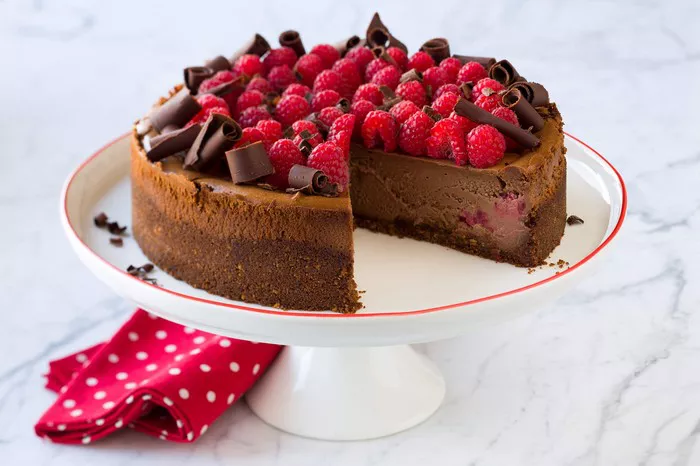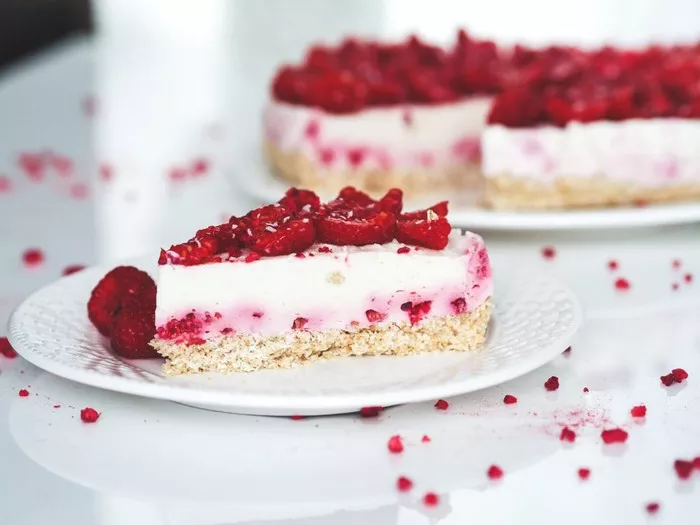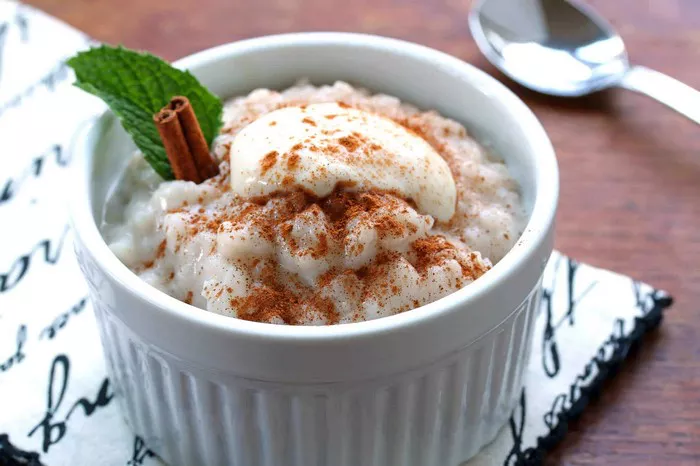Imagine the aroma of freshly baked cake filling your kitchen, promising a delightful treat to satisfy your sweet cravings. While traditional cake recipes often call for butter or vegetable oil, there’s a rising trend in culinary circles—using olive oil as a substitute.
But can you really use olive oil for cake? In this flavorful exploration, we’ll delve into the world of baking and uncover the truth behind incorporating olive oil into cake recipes. From understanding the characteristics of olive oil to exploring its impact on texture and flavor, let’s embark on this delicious journey together.
Understanding Olive Oil Varieties:
From delicate and fruity to robust and peppery, olive oil comes in a spectrum of flavors and intensities, each derived from different olive cultivars and production methods.
Extra virgin olive oil, prized for its superior quality and rich flavor profile, is extracted from the first pressing of the olives and boasts a distinct fruity aroma and peppery finish.
Virgin olive oil, while slightly less intense, retains much of the same flavor characteristics, making it a versatile option for culinary applications.
By understanding the nuances of olive oil varieties, we can make informed decisions when selecting the perfect oil for our cake creations.
The Role of Fat in Cake Baking:
Fat plays a crucial role in cake baking, contributing to both texture and flavor.
Traditionally, butter or vegetable oil has been the fat of choice in cake recipes, providing moisture, richness, and tenderness to the crumb. Butter adds a rich, creamy flavor, while vegetable oil imparts a neutral taste and ensures a moist texture.
However, olive oil offers a unique alternative, bringing its own distinct flavor profile and health benefits to the table. With its rich, fruity aroma and subtle peppery notes, olive oil can elevate the flavor of cakes, adding depth and complexity to each bite.
Impact on Texture and Moisture:
One of the primary concerns when using olive oil in cake baking is its impact on texture and moisture. Compared to butter, which is solid at room temperature, olive oil is liquid, which can affect the structure of the cake batter and the final texture of the cake.
However, when used correctly, olive oil can produce cakes that are tender, moist, and flavorful. Its natural richness and viscosity create a soft, delicate crumb, while its high monounsaturated fat content helps retain moisture, resulting in cakes that stay fresh and moist for longer.
Tips for Using Olive Oil in Cake Baking:
To ensure success when using olive oil in cake baking, consider the following tips:
1. Choose a mild or fruity extra virgin olive oil for baking, as more robust oils may impart a stronger flavor that could overpower the cake.
2. When substituting olive oil for butter or vegetable oil in a recipe, use a 1:1 ratio. However, keep in mind that olive oil has a more pronounced flavor, so you may need to adjust the other ingredients in the recipe accordingly.
3. Whisk the olive oil with the sugar and eggs until light and fluffy to emulsify the mixture and create a smooth, uniform texture.
4. Use a light hand when mixing the batter to avoid overworking it, which can result in a dense, tough cake.
5. Experiment with different types of olive oil and flavor combinations to find the perfect balance for your taste preferences and recipe requirements.
Flavor Enhancements and Pairings:
One of the benefits of using olive oil in cake baking is its ability to enhance the flavor profile of the cake. Depending on the variety of olive oil used, cakes can take on subtle hints of fruitiness, grassiness, or peppery spice, adding depth and complexity to each bite.
For a simple and elegant dessert, try pairing an olive oil cake with fresh berries and a dollop of whipped cream, allowing the natural sweetness of the fruit to complement the rich, fruity flavor of the olive oil.
Alternatively, drizzle slices of olive oil cake with honey and sprinkle with sea salt for a sophisticated twist on a classic treat.
Health Benefits of Olive Oil:
In addition to its culinary versatility, olive oil offers a range of health benefits that make it an attractive choice for cake baking. Rich in monounsaturated fats, olive oil has been linked to a reduced risk of heart disease, inflammation, and oxidative stress. Its high antioxidant content helps protect cells from damage and may even offer anti-cancer properties.
By incorporating olive oil into your baking recipes, you can enjoy the delicious flavor of cake while reaping the nutritional rewards of this wholesome ingredient.
Conclusion:
The question of whether you can use olive oil for cake is a resounding yes. With its rich flavor, luxurious texture, and healthful properties, olive oiloffers a unique and delicious alternative to traditional fats in cake baking. By understanding the characteristics of olive oil, experimenting with different varieties, and following a few simple tips, you can create cakes that are moist, tender, and bursting with flavor.






















